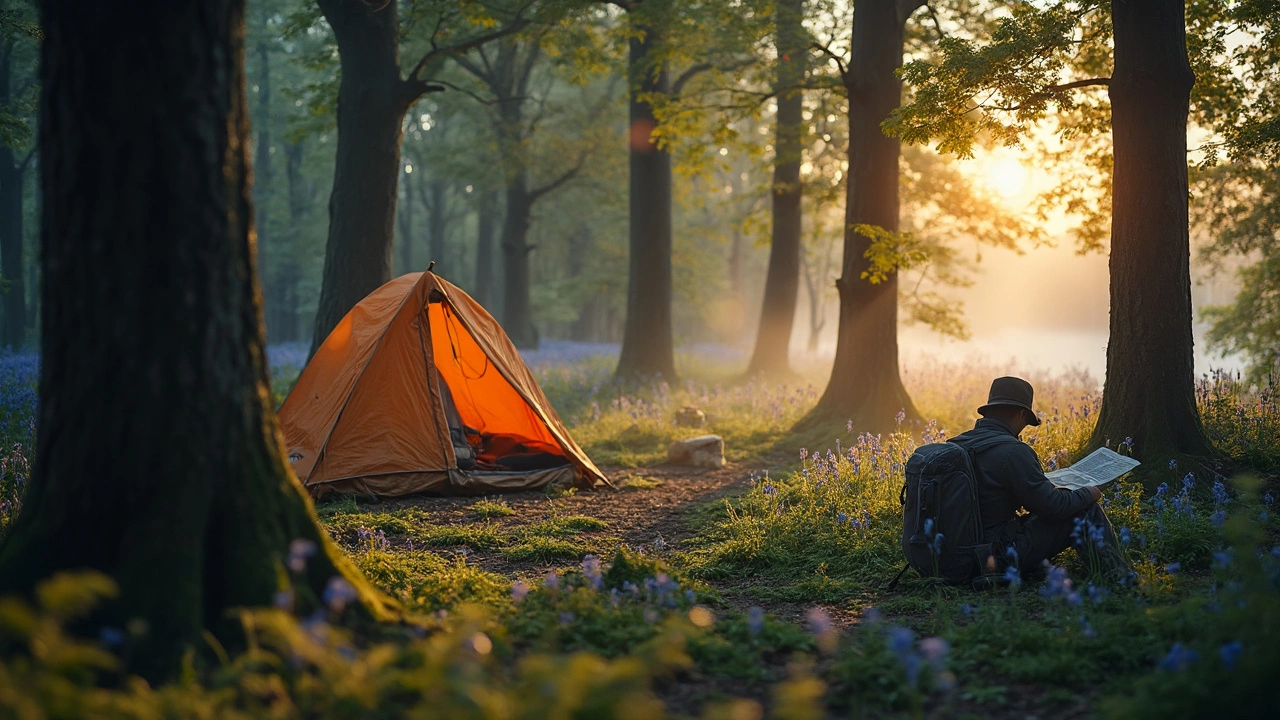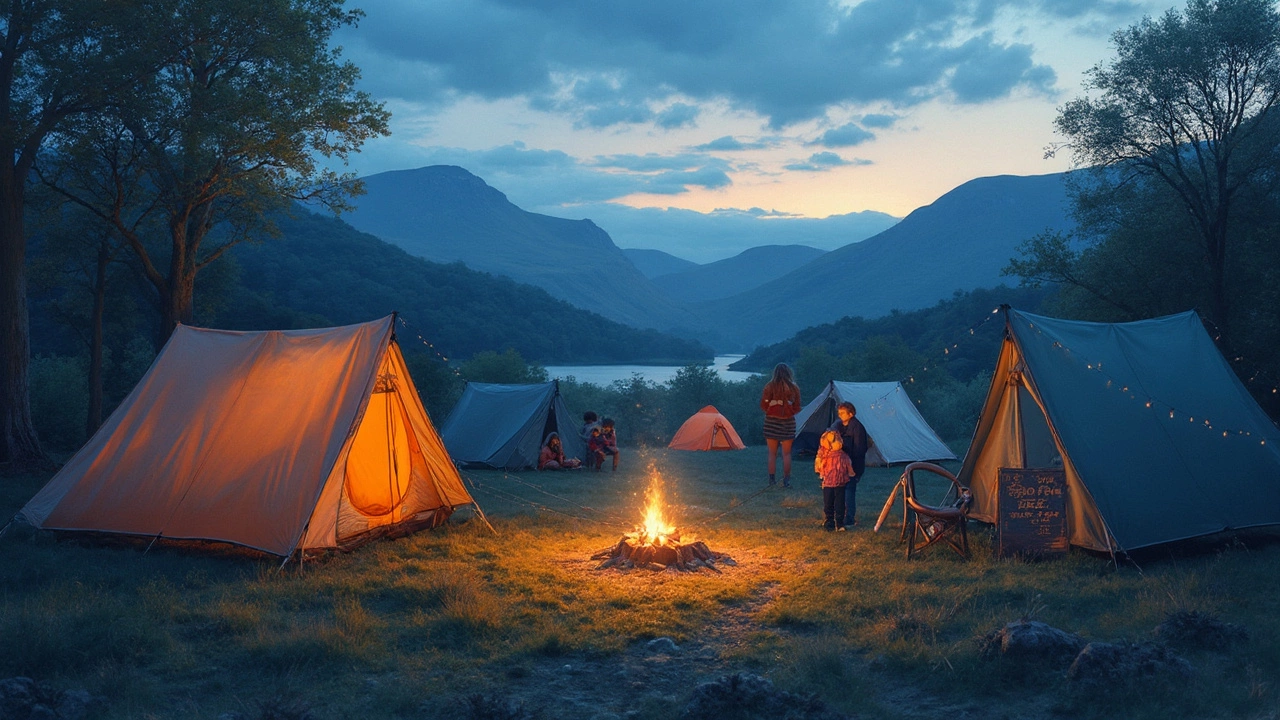Camping Rules Every UK Camper Should Know
Planning a night under the stars? Before you pitch your tent, make sure you know the rules that keep you safe and out of trouble. From coastal beaches to forest parks, each spot has its own dos and don’ts. Let’s break down the key points you need to follow, so you can enjoy your trip without a phone call from the council.
Beach Camping Basics
Sleeping on a UK beach sounds dreamy, but it’s not always allowed. Most English beaches fall under local by‑laws that ban overnight stays, especially during summer. In Scotland, the Outdoor Access Code gives you more freedom – you can camp on most coastal land as long as you’re out of sight, leave no trace, and move on after a night. Always check the specific beach’s signage or the council website before you set up.
If the beach is off‑limits, look for nearby designated campsites. They usually offer basic facilities, a safe place for your gear, and you won’t risk a fine. When you do camp on a beach where it’s legal, keep your tent small, stay away from dunes that protect wildlife, and never leave rubbish behind. A quick sweep of the area before you leave is all it takes to stay clean.
Public Parks and Urban Spots
Many UK towns have public parks that welcome day‑use picnics but not overnight stays. The rule of thumb: if the park has a gate that locks at night, you’re probably not allowed to camp. Some larger parks, like those managed by the National Trust, may have specific areas where you can pitch a tent for a night with a permit.
To avoid a warning, walk up to the park office or check the online guide for the park you’re eyeing. If you’re allowed, keep noise low, use a portable stove with a windscreen, and clean up any fire residue. Remember, park rules are there to protect both the environment and other visitors.
For motorhome lovers, sleeping in a car or van at a campsite is usually permitted, but only where the site says so. Some campsites charge a small fee for a car‑park spot, while others allow free overnight parking for a limited number of nights. Always ask the site manager and follow their waste‑disposal instructions – dumping sewage in a public area is a serious offence.
Wild Camping: When and Where It Works
Wild camping in the UK is a mixed bag. In England and Wales, the law generally forbids camping on private land without permission. However, you can often camp on common land, open moorland, or designated areas in national parks if you follow the “leave no trace” principle. Scotland is the most camper‑friendly; you can stay up to 24 hours on any land that isn’t cultivated, as long as you’re respectful.
Tips for a smooth wild camping experience:
- Stay at least 100 metres away from buildings and roads.
- Set up after dusk and leave before sunrise to keep a low profile.
- Use a lightweight stove and keep flame size small.
- Pack out all trash, including food scraps.
- Respect wildlife – don’t disturb nesting birds or grazing animals.
When in doubt, ask a local farmer or landowner for permission. A quick “Can I pitch here for the night?” can save you a fine and often earns you a friendly tip on the best nearby water source.
Following these rules might sound like a lot, but most campers only need to remember a few basics: check local bylaws, respect private property, and always leave the site cleaner than you found it. With the right preparation, you’ll spend less time worrying about fines and more time enjoying the open sky.
So next time you’re packing your gear, add a quick rule‑check to your pre‑trip checklist. It’s the easiest step to a hassle‑free adventure and helps keep the UK’s beautiful camping spots open for everyone.
Can You Camp in Forests in England? The Truth About Wild Camping Rules
Wild camping in England's forests is more complicated than most people think. This article breaks down where you can and can’t pitch your tent, why the rules are strict, and how to stay out of trouble. You’ll get real tips to legally enjoy a night under the trees, including permissions, responsible camping habits, and hidden legal spots. We’ll clear up common myths and offer practical alternatives for outdoor lovers. Get ready to plan your next adventure with confidence and respect for the countryside.
UK Campsite Rules: What You Need to Know
Camping in the UK can be a delightful experience if you're aware of the rules. This article outlines essential guidelines for staying at campsites across the UK, from booking procedures to understanding campsite etiquette. Learn about noise restrictions, pet policies, and more to ensure a smooth and enjoyable camping trip. Whether you're a seasoned camper or a first-timer, these insights are crucial for your adventure.

